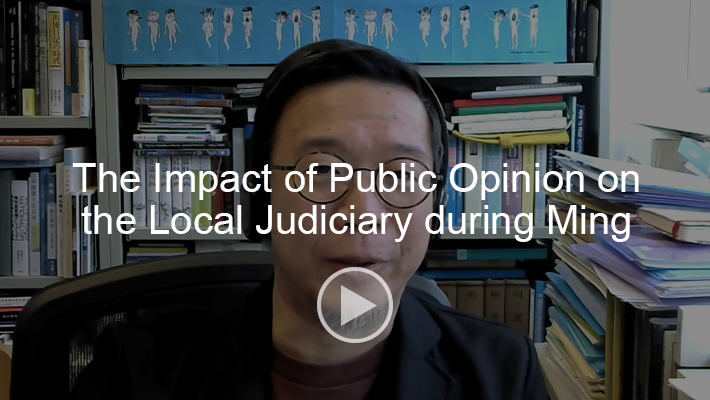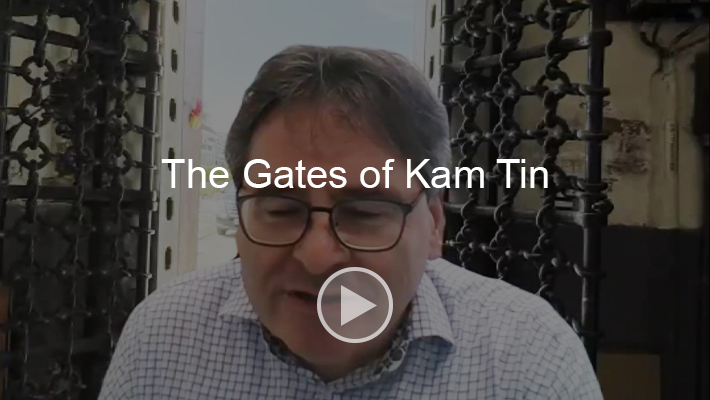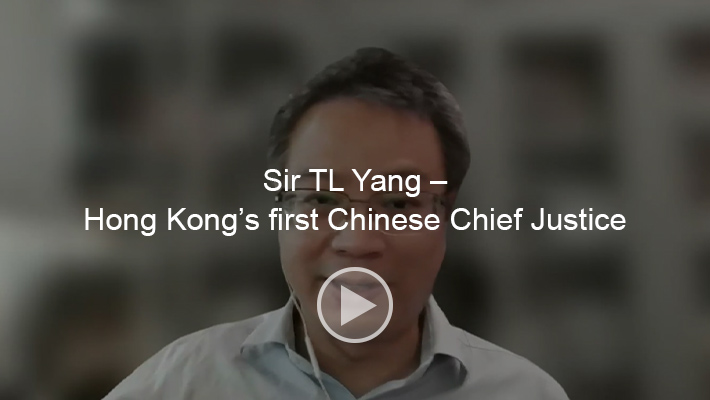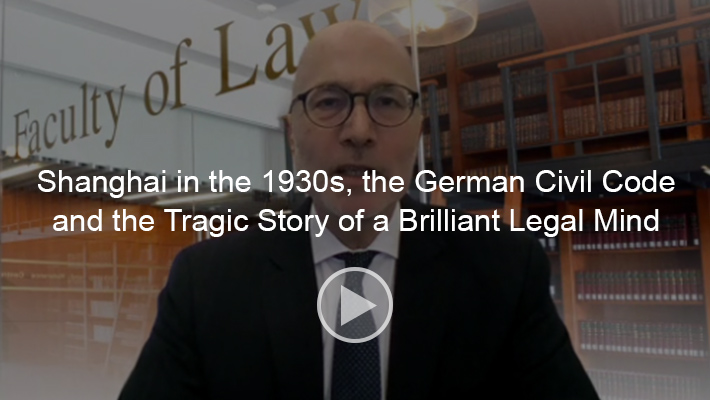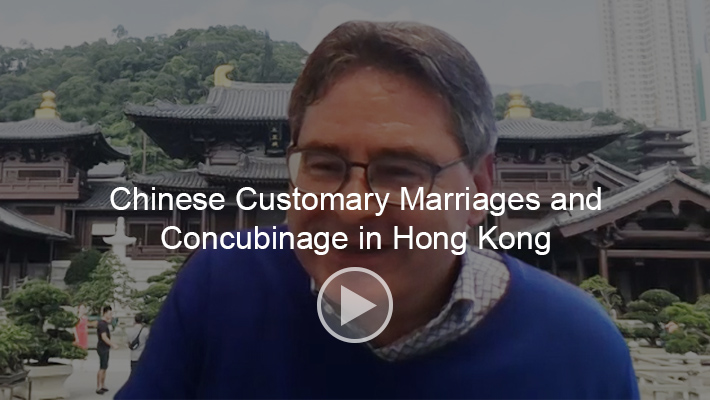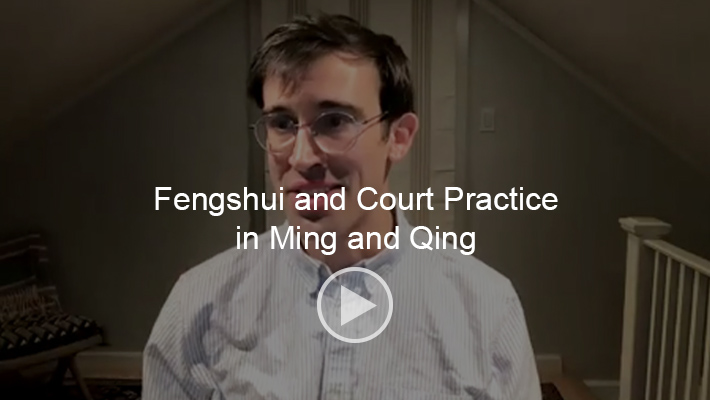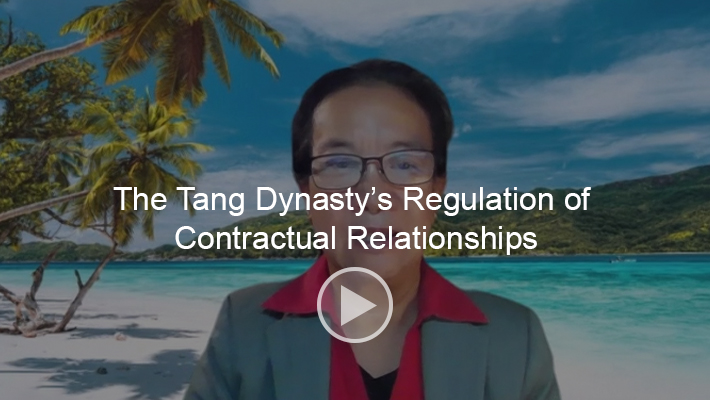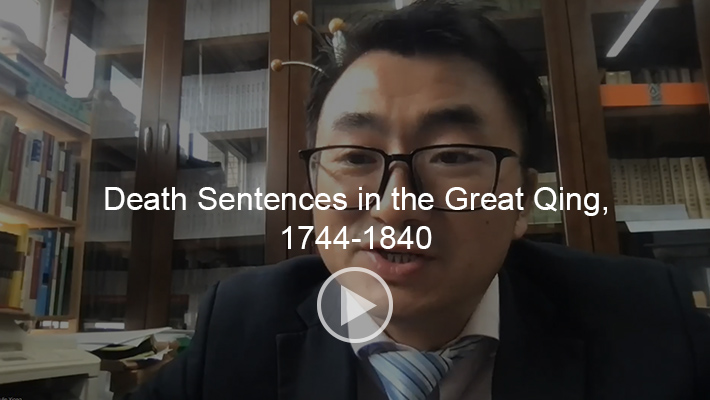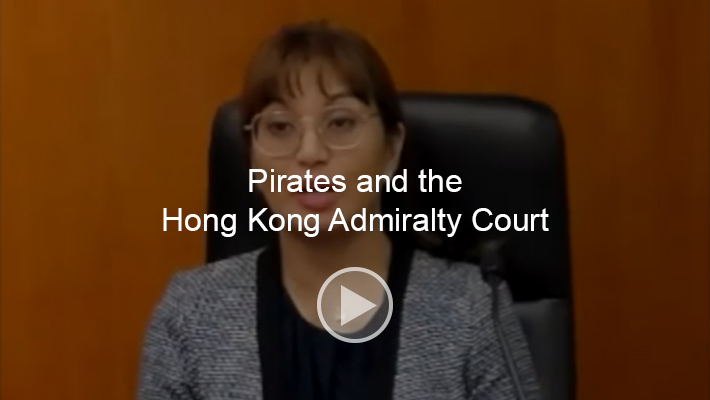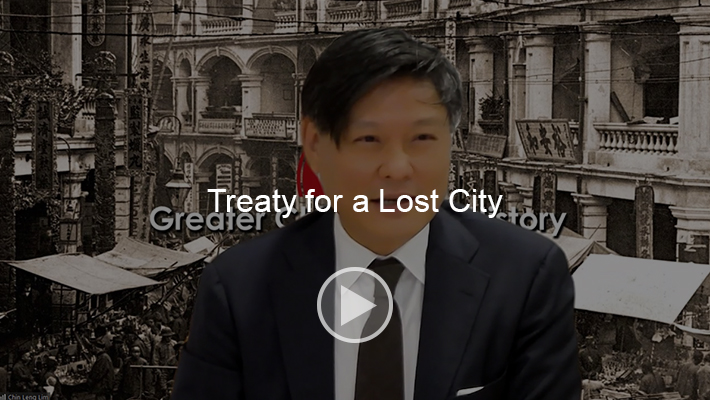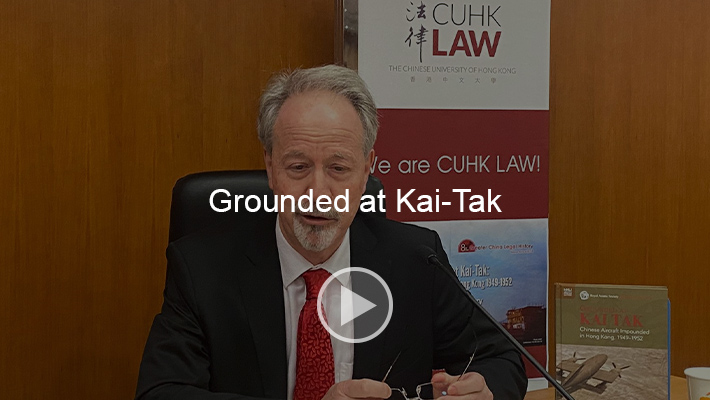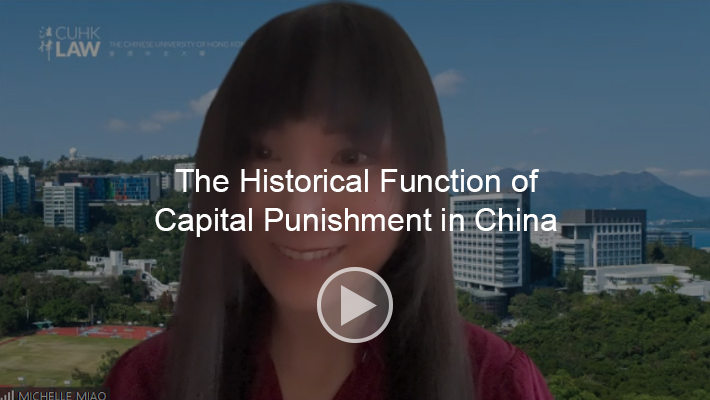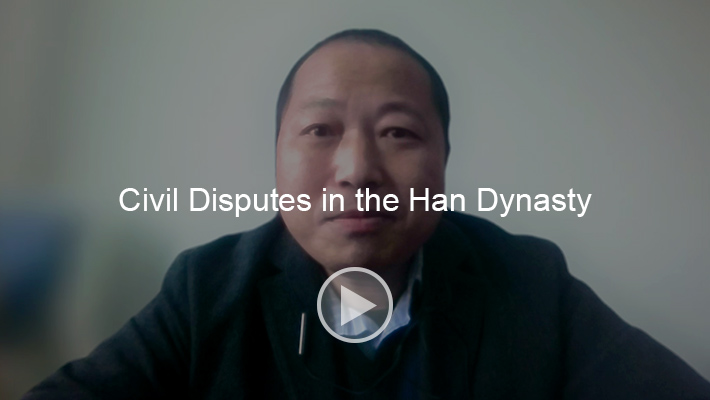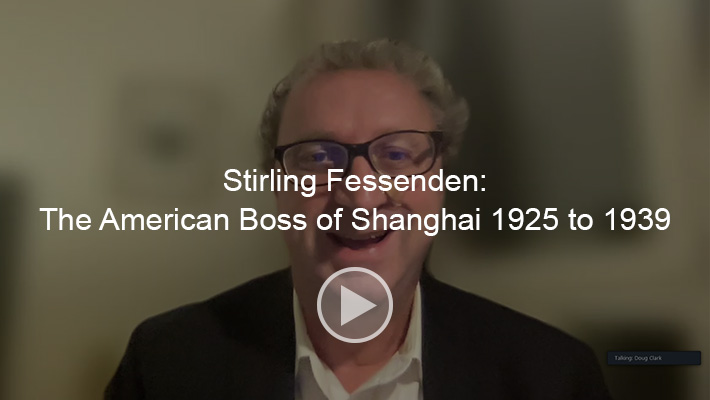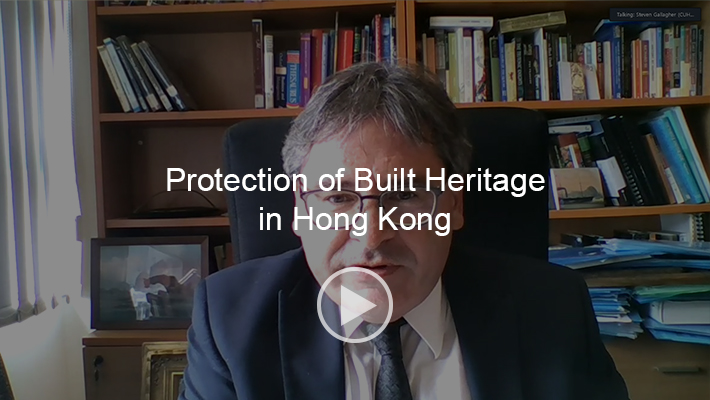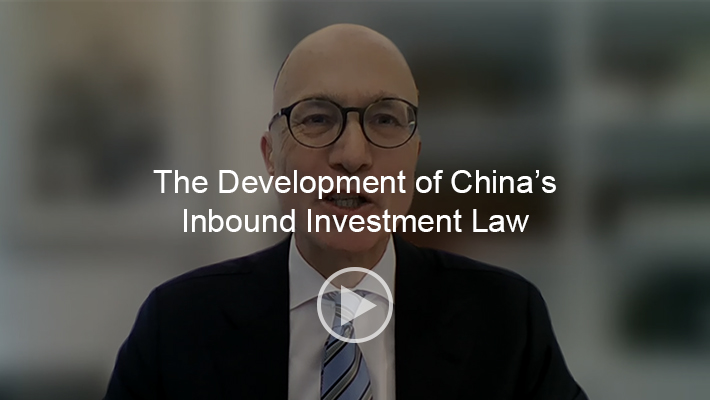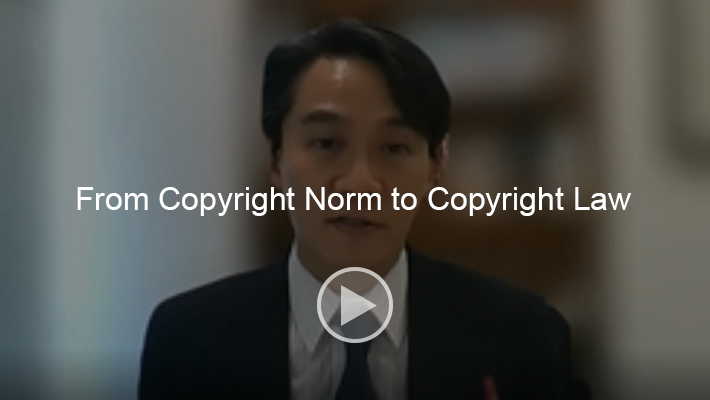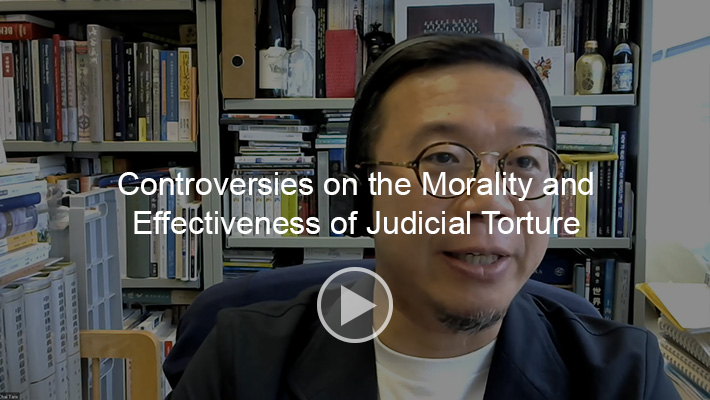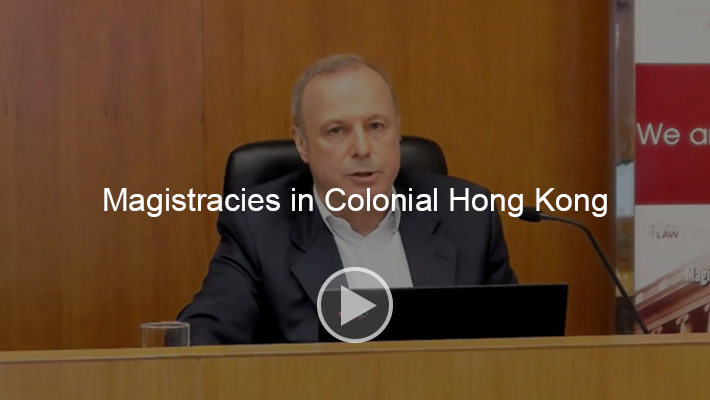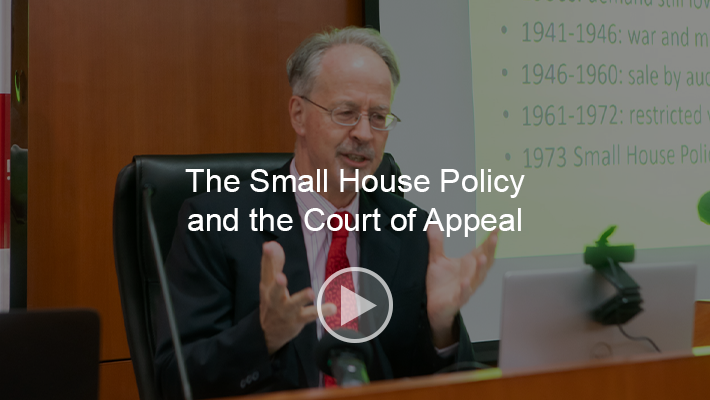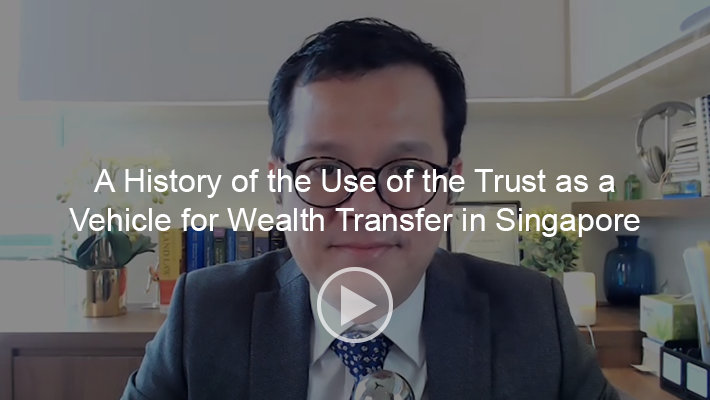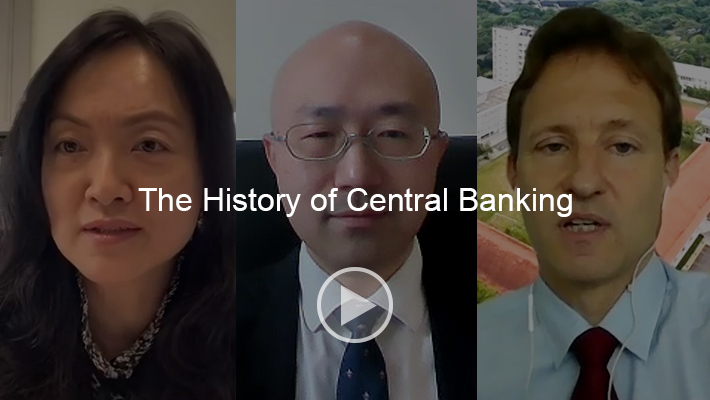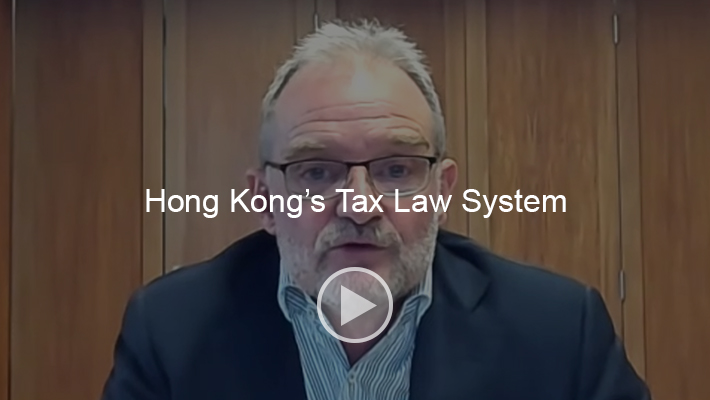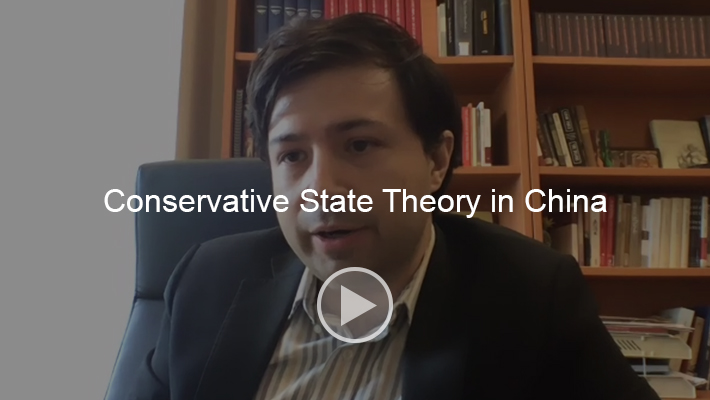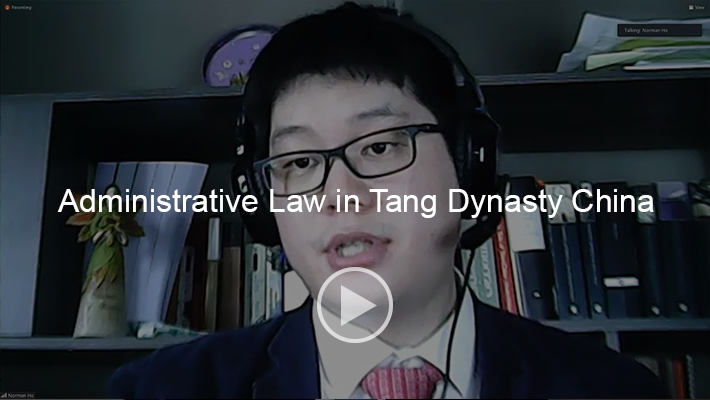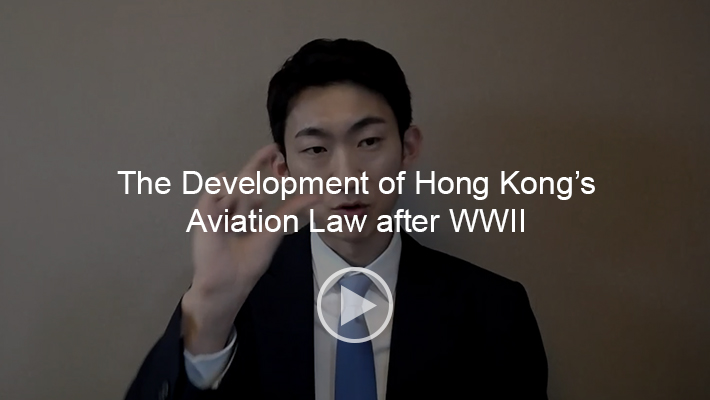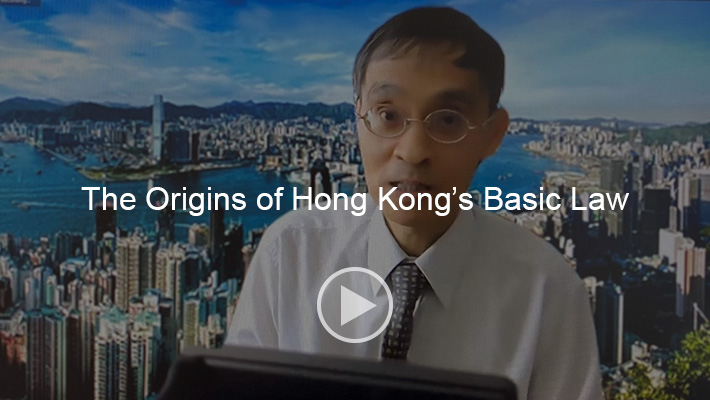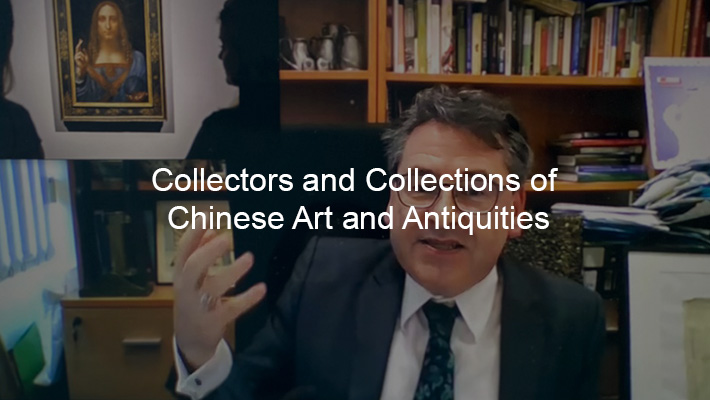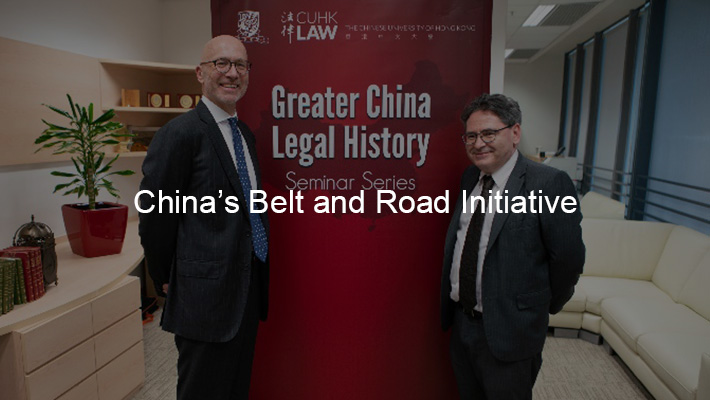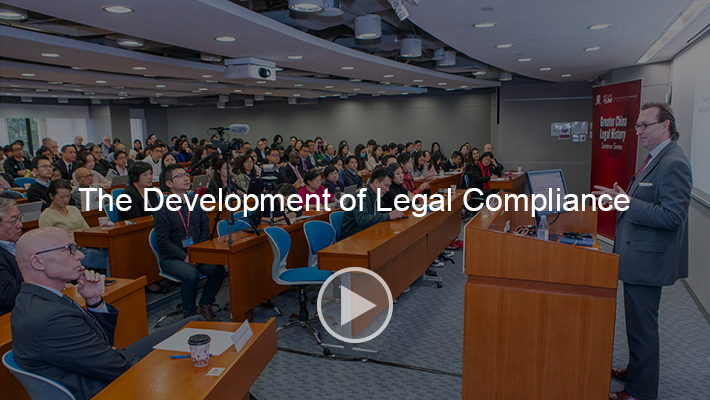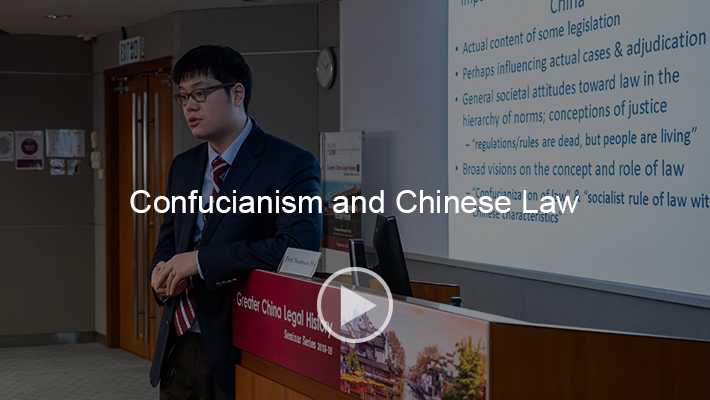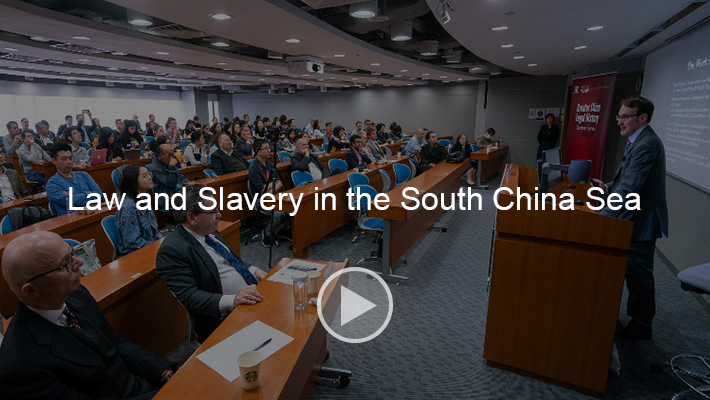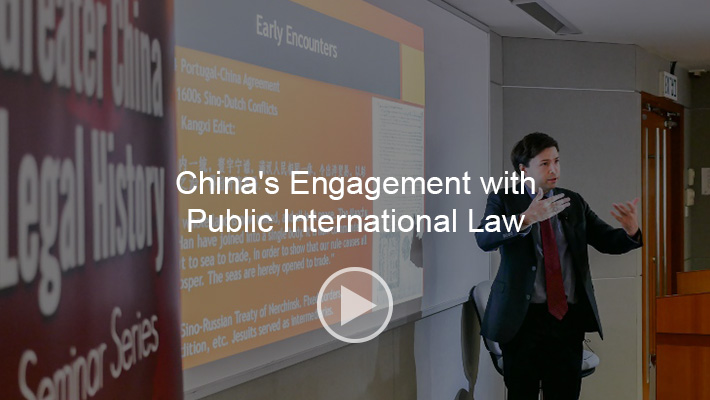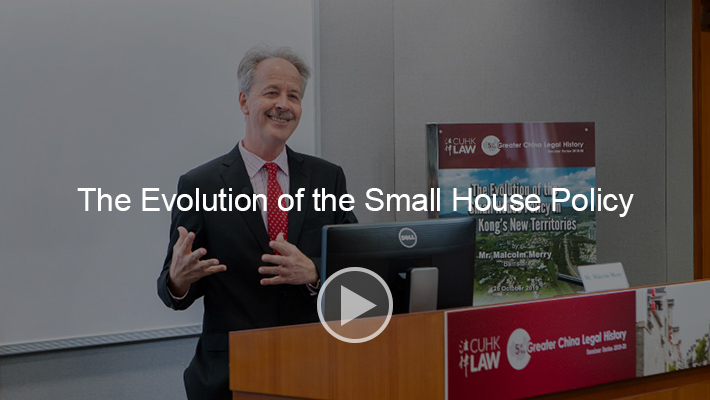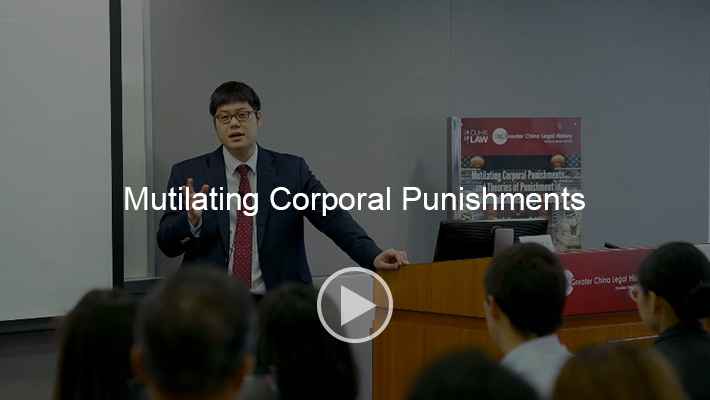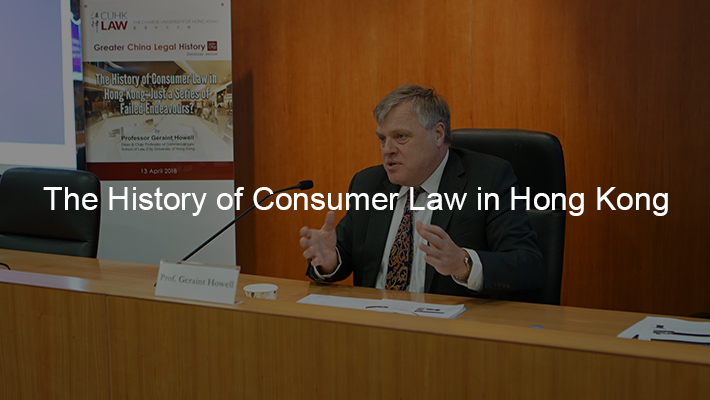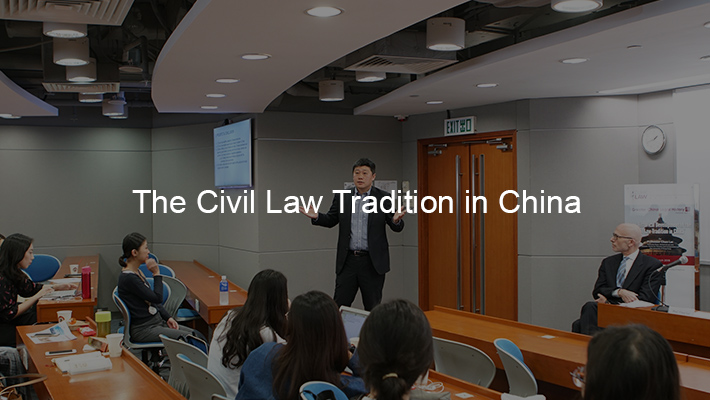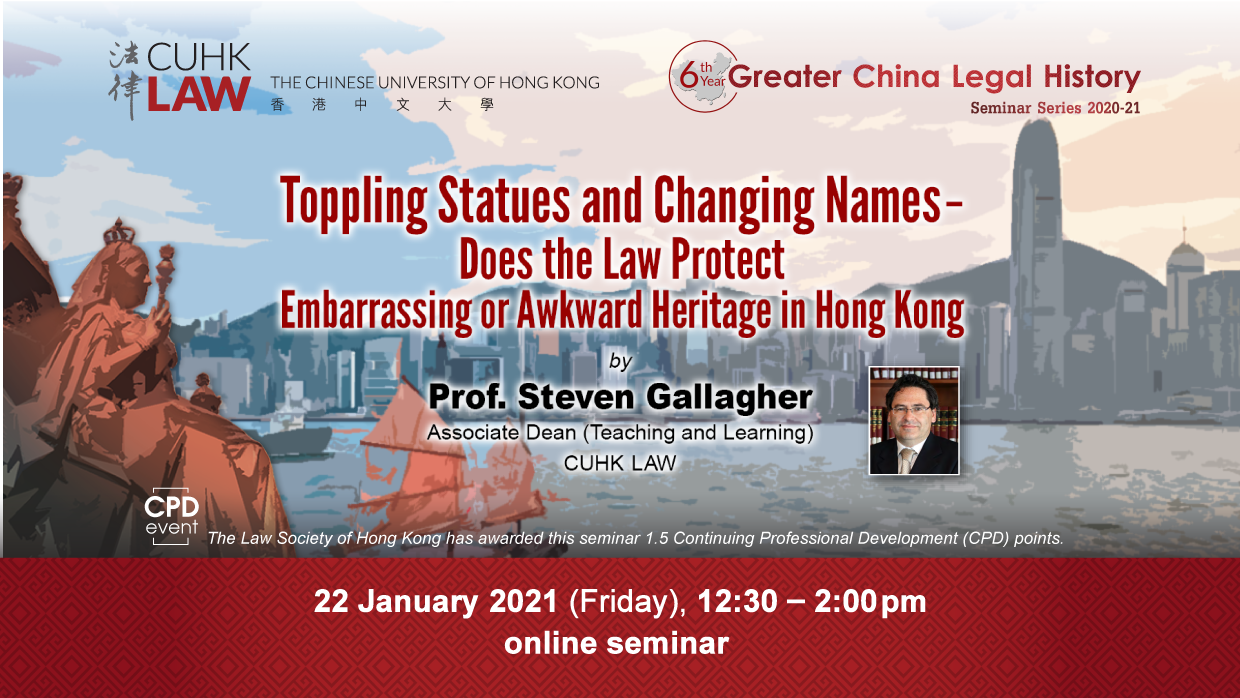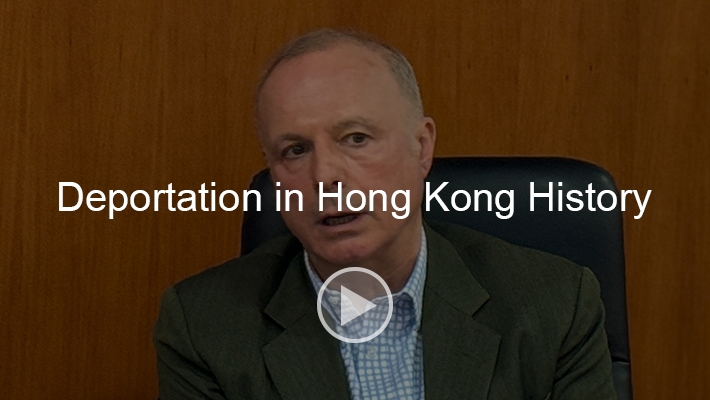
In the last few years, statues and other monuments have been toppled and torn down around the world. This has been in response to changing perceptions of the people, events and practices they commemorate. These are considered no longer appropriate, embarrassing, distressing and even despicable, to the extent memory of them must be eradicated. The destruction of statues and monuments is not new in human history. Iconoclasm for religious and political motives has been carried out by many societies. If statues are not toppled, they are removed from prominence, if monuments are not torn down, they are renamed, remodelled and/or re-storied. All of these practices have been intended to obscure history by removing these prominent memories of the past. These have been particular practices in the post-colonial world, as former colonies distance themselves from their colonial past. However, not all former colonies have met with support for the obfuscation or eradication of their history. For example, attempts to remove evidence of Hong Kong’s colonial past have met with popular opposition. The extent of this opposition has been such that the Hong Kong government has had to make promises about and institute protective measures for elements of Hong Kong’s colonial heritage.
This seminar will consider the recent issues with statues, monuments and names generally and then focus on the issues affecting Hong Kong. These include links to the opium and slave trades, and Hong Kong’s special relationship with its colonial heritage. The seminar will then consider the laws that may protect statues from being toppled, monuments from being removed and names from being changed in Hong Kong.


